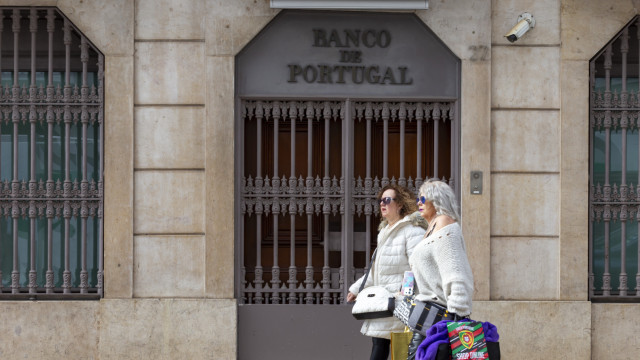The major financial institutions have been selling portfolios of non-performing loans in recent years to reduce the size of bad debts on their balance sheets. To achieve this, they have been engaging in bulk sales to companies outside the supervision of the Bank of Portugal (BdP).
These packages include not only consumer and business credit but also, in some cases, housing loans. Once the loan leaves the bank’s domain and is held by a company that is not a credit institution, the owners are no longer protected by the rules of the credit contracts regime related to real estate.
Consequently, they are legally stripped of the possibility to access the so-called “right to resume” the contract, established in the legal decree (Decree Law No. 74-A/2017, of June 23), leaving them more vulnerable than if the bank remained their interlocutor.
Resuming credit means paying overdue installments, late interest, and expenses incurred by the bank. This right could be exercised by clients within the legal timeframe allowed to oppose the foreclosure of the house and even until its sale, provided the credit issuer was the bank. However, when a sale occurs, the client is excluded from the regime that explicitly provides for the right to resume, as the credit rights holder is not a financial institution.
Natália Nunes, a legal adviser at Deco and coordinator of the association’s financial protection office, states to Lusa that the issue worsened from 2017, with “waves” of bank clients turning to the association’s legal services whenever banks divest large portfolios of bad debt.

The Deco association has been assisting banking clients who are surprised by the sale of their home loans to external companies, finding “violations” of consumer rights in recent years, particularly since 2017.
Lusa | 10:02 – 07/09/2025
In the first instance courts, there have been decisions both in favor of clients and banks. Since at least 2021, several decisions in the Court of Appeal and since 2024, two rulings in the Supreme Court of Justice (STJ) have deemed the sales illegal.
In the STJ case, two judgments concluded that the assignments represent a “fraud to the law” and nullified the operations, ordering credits to be returned to the banks that originally sold them, Santander, and BPI.
Lusa inquired the BdP to see if it supervised major financial institutions (namely, CGD, BCP, BPI, Montepio, and Santander) to verify compliance with the right to resume, but the supervisor did not clarify its actions.
The exact scale of the problem remains unknown. It is known that banks include housing credit in the non-performing assets package, but the value of recent years is unknown. The BdP states it does not have data on this reality. When asked by Lusa about the total amount sold since 2017, an official source replied that “the Bank of Portugal does not have the requested information”.

The Bank of Portugal (BdP) is unaware of how much banks have sold in housing loans since 2017, in credit transfer operations to external entities not supervised by the central bank.
Lusa | 10:07 – 07/09/2025
Portugal was expected to transpose, by the end of 2023, a European directive providing greater consumer protection, ensuring that, with the transfer, the debtor cannot end up in a worse legal situation.
Since 2023, banks have conducted several credit portfolio sales, and because the new rules were not yet in place, clients could not benefit from the rights granted by European legislation.
For instance, in June, after the STJ ruling, BPI announced the sale of a portfolio worth 82 million euros, comprising 22,900 contracts from approximately 5,600 clients, without specifying how many involved housing.
Read More: Supreme sees “fraud to the law” in the sale of non-performing mortgage loans




